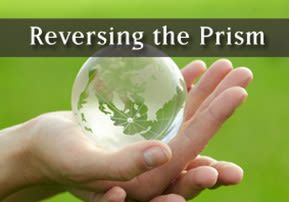
Reversing the Prism
How is it possible to be a Light unto the Nations within the confines of the material world in which we live?

When G-d infused His Brilliance into the world at the time of Creation, it was comparable to light passing through a prism. White light separates through a prism creating a wide spectrum of colors. These colors scatter far and wide producing a beautiful array of diverse and unique shapes. But unlike the refracted rays of a prism which vanish once they are out of sight, many of the sparks of Hashem’s Light are simply hidden. We have the exulted task of searching them out and rekindling their diminished glow.
One cannot expect to restore the luster of a tarnished vessel with an abrasive cloth. Only the finest, soft fabric is worthy of such an undertaking. By refining ourselves and enriching our souls we will be able to help others shine as well. In so doing, we can provide a cohesive receptacle in which to collect all the distinctive and misplaced, holy sparks.
How is it possible to be a Light unto the Nations within the confines of the material world in which we live? How do we bring G-dliness into a space created for the physical? It can only be achieved by melding the two worlds into one. There is nothing Hashem requests of us that we are unable to accomplish with sufficient effort. He bestowed our corporeal existence with unlimited space to allow our spirits to rise above our physical bodies. By elevating our neshamot (souls) through prayer and mitzvot (good deeds and following the commandments) we enable Hashem’s Shechina (Divine Presence) to enter our hearts and minds. As we strengthen ourselves with emuna and build up our ‘good inclination’ we gradually attain the ability to overcome our yetzer hora (evil inclination), bringing us closer to the status of angels. We are then empowered to be an example to others and guide them, not with rebuke and criticism, but with a love, compassion and knowledge.
If we identify a vital message in this, we will understand our collective mission in the world more clearly; harmony – uniting body and soul as well as the bringing together of all humanity in the service of G-d. Since we each contain a tiny aspect of Hashem, we are all part of the same Source, making us interconnected. Before the days of the electronic thermometer, we used glass thermometers containing mercury. Many of you can probably remember an instance when someone accidentally dropped the thermometer on the floor, thereby breaking it apart with the mercury bouncing in all directions. It was difficult to find all the grey bits, but once located and placed side by side, they would quickly bond together with a magnetic-like attraction so strong that there would no longer be a separation. This is the connection we must strive to achieve with our fellow man. If we felt that others were as much a part of us as our heart, lungs, hands and feet, we would never treat them negatively. As Rav Hillel said “That which is hateful to you, do not do to your fellow. That is the whole Torah; the rest is commentary; go and learn”. It is our ‘trusty’ yetzer hora which tries to throw us off balance when we are in the midst of achieving our goals. This can be easily counteracted by learning Torah, looking for the good in each person, giving the benefit of the doubt and refraining from loshon hora (gossip). Reinforcing one’s emuna with daily hitbodedut (personal prayer) deepens our understanding that everything in existence is from Hashem and likewise part of Him. By internalizing that concept, the differences which divide us will no longer be visible to us.
Hashem blessed most of us with eyesight to view the beauty of His Creations and to help navigate our way in the material world but this gift must not be abused. Aside from the requirement for men to guard their eyes, men and women must both be vigilant in using their vision virtuously. It can be a deadly weapon if not handled with care. We may see physical differences in others but it is their soul, their inner being, which we should focus on. Skin color, style of dress and facial features are merely adornments. Once we begin to search for and perceive someone’s true essence, we will be able to see past their bodily characteristics.
Just as no two people have the same fingerprints or look exactly alike, no two people are identical in their thoughts, viewpoints and personalities. Even within specific groups, there are always differences of opinion and therefore disagreements will undoubtedly occur. Take for example, Hillel and Shamai, who lived during the Second Temple Period. These were Tzaddikim, righteous men of the highest caliber, whose sole purpose was to honor Hashem and live their lives for the sake of Heaven, yet they constantly disputed over both complex and basic issues. We must not allow our dissimilarity to separate us, but to connect us in our search for truth. How much more so for those whose beliefs are diametrically opposed to our own? We do not want to flaunt our views with absolute certainty but generate a dialogue of intelligent communication, granting others the respect they deserve as G-d’s children. In return, with Hashem’s help, all mankind will witness an uplifting of souls and there will no longer be any diversity.
 If we are to realize our full potential, we must make an effort to go that extra mile to be kind to others and enlighten their lives, despite our differences. Like charcoals of a barbecue which have yet to come into contact with the burning embers, we can spread the glow by fanning the fire. Consequently, we slowly transform the cold black coals into intense white heat as it expands from one end of the barbecue to the other.
If we are to realize our full potential, we must make an effort to go that extra mile to be kind to others and enlighten their lives, despite our differences. Like charcoals of a barbecue which have yet to come into contact with the burning embers, we can spread the glow by fanning the fire. Consequently, we slowly transform the cold black coals into intense white heat as it expands from one end of the barbecue to the other.
By turning the darkness into light we reunite the scattered sparks thus reversing the prism. In the merit of this, like the burning bush (Exodus 3:2) which was never consumed, may the radiance of Redemption soon engulf the world with the flames of G-d’s Splendor.



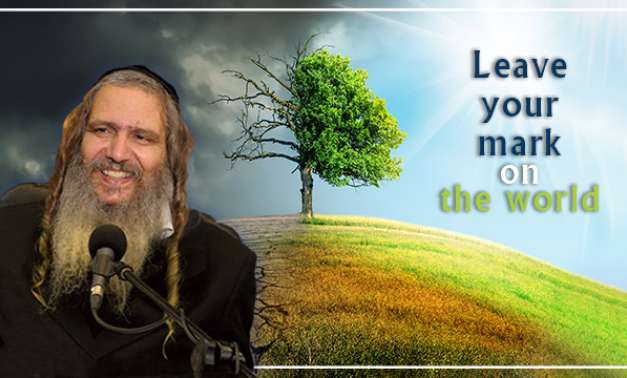
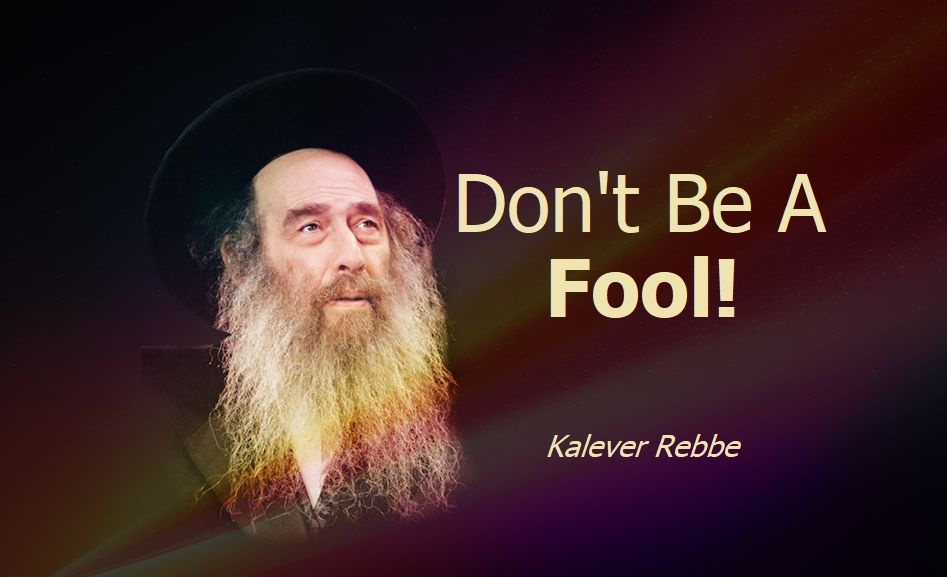
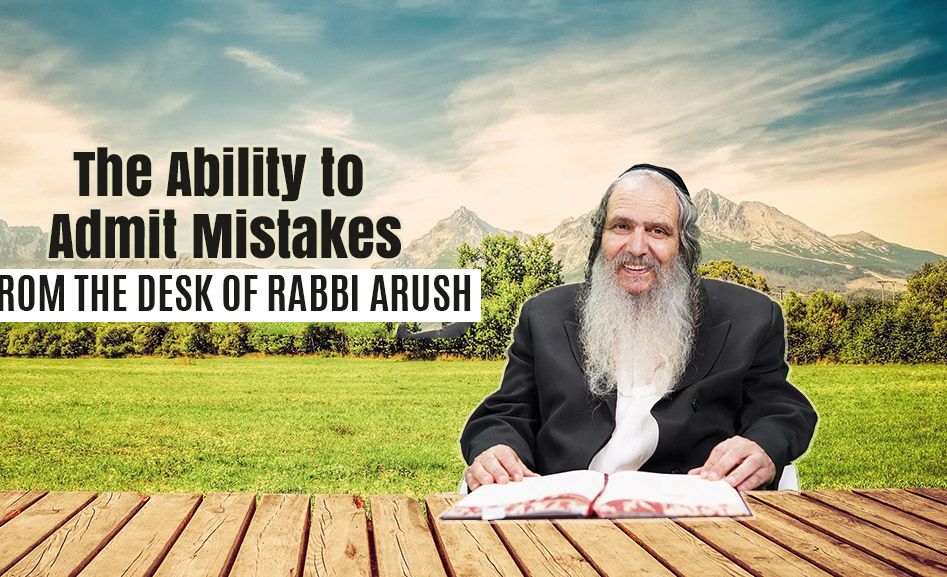
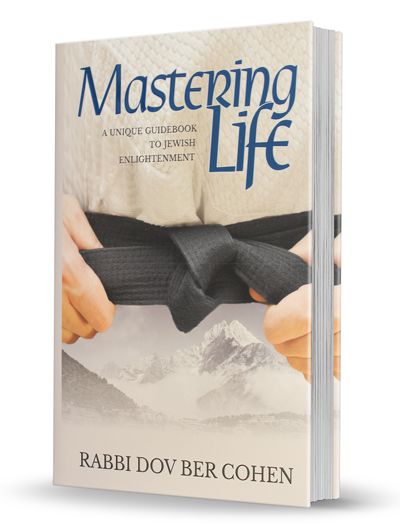




Tell us what you think!
Thank you for your comment!
It will be published after approval by the Editor.